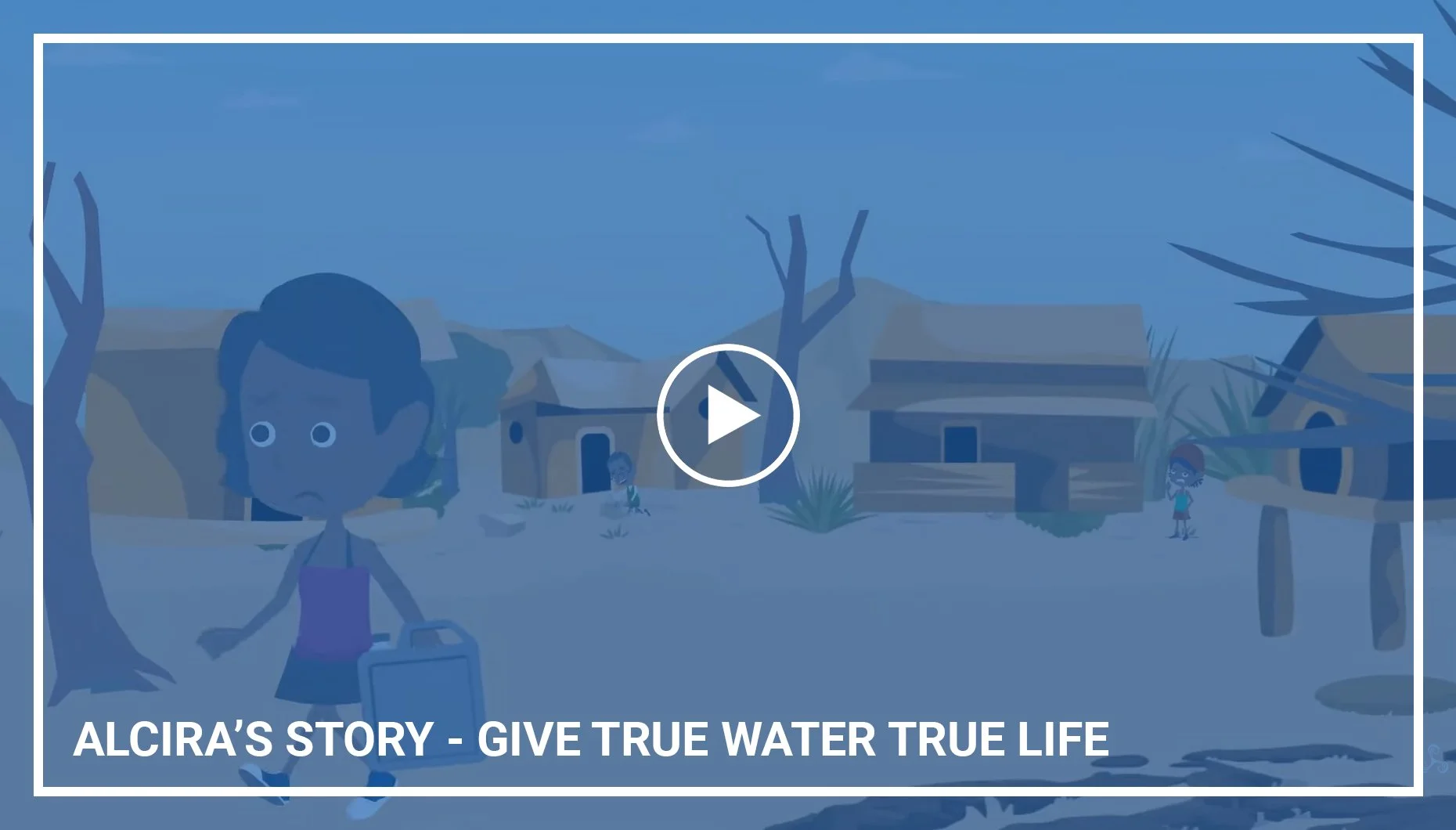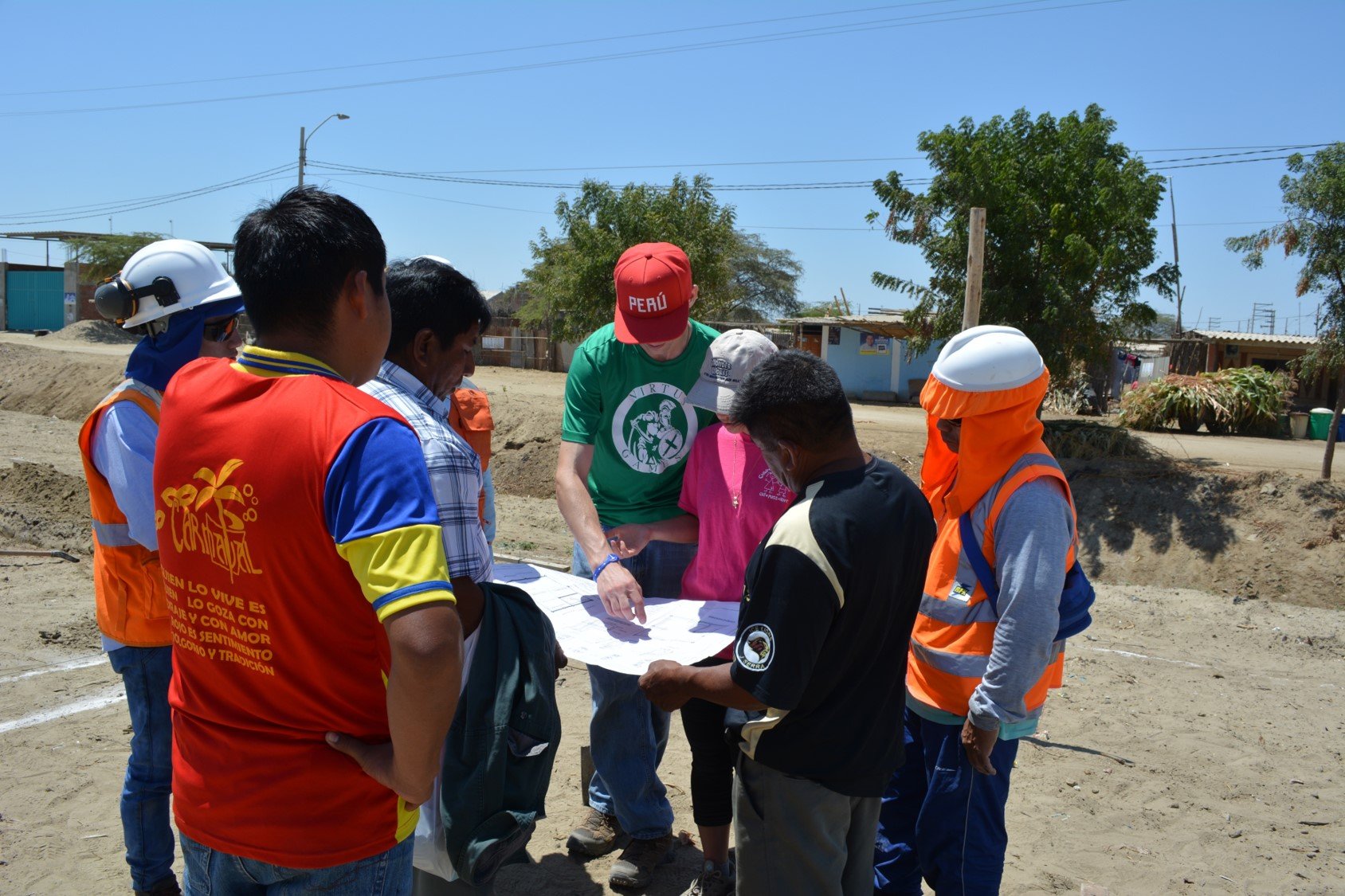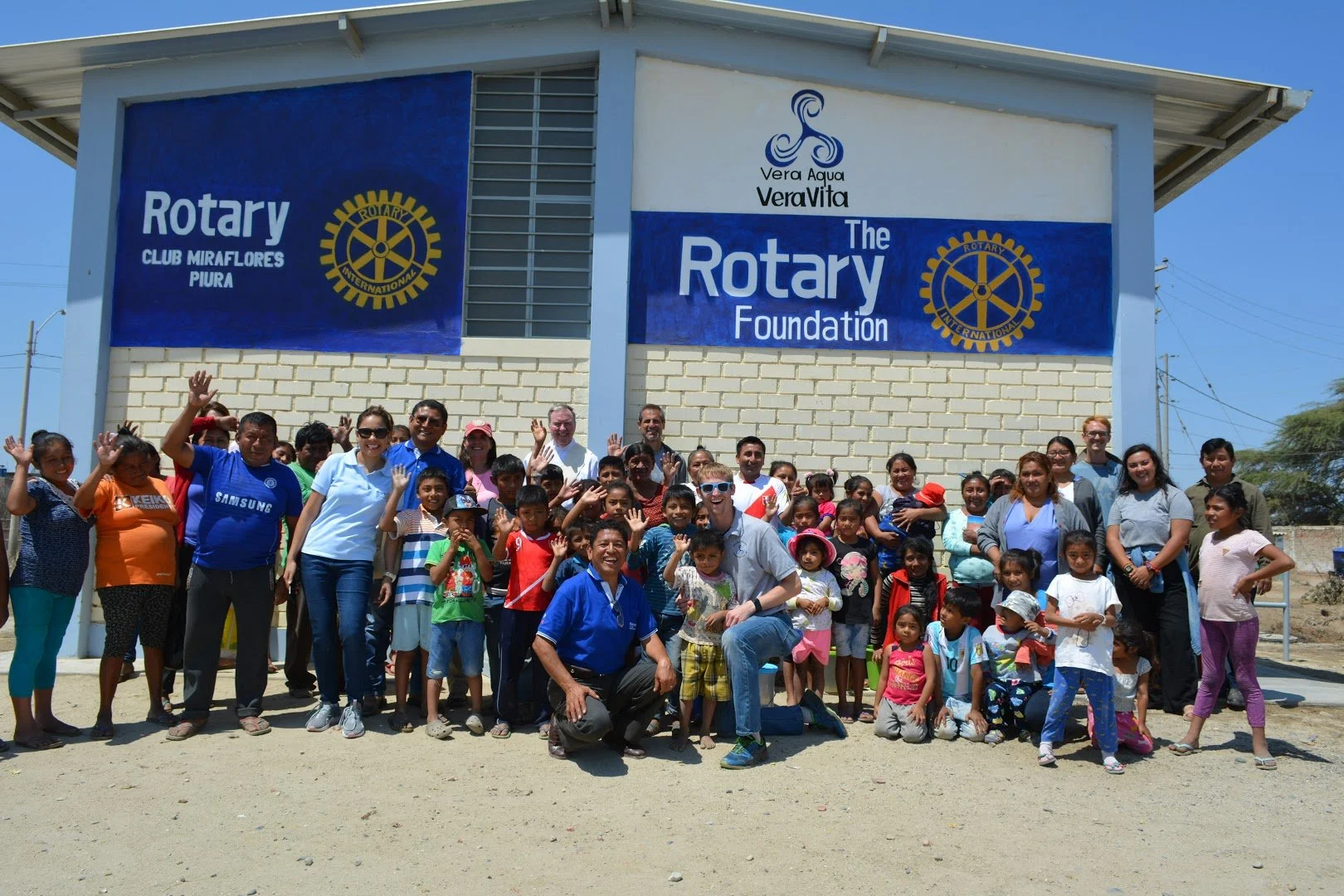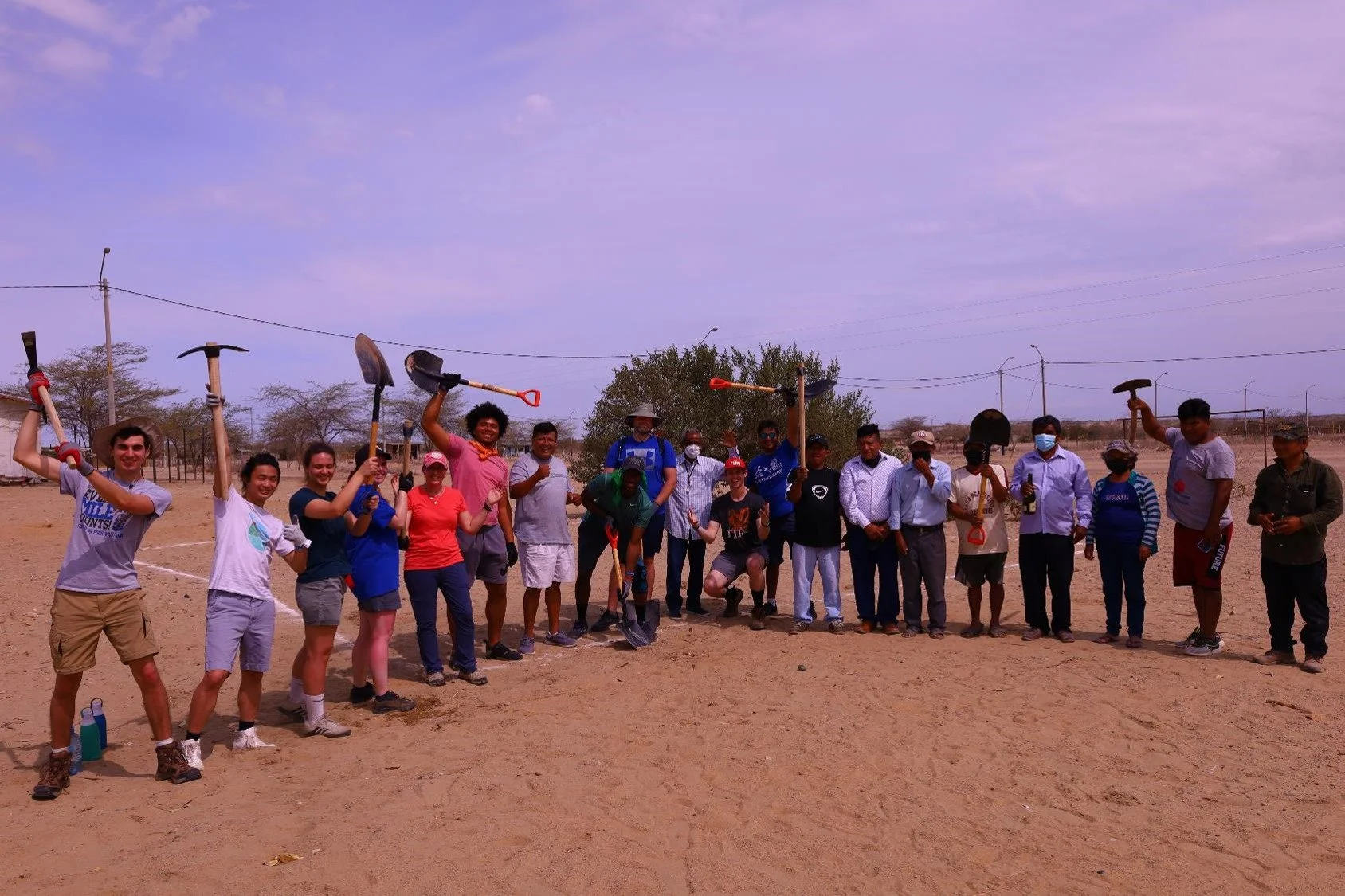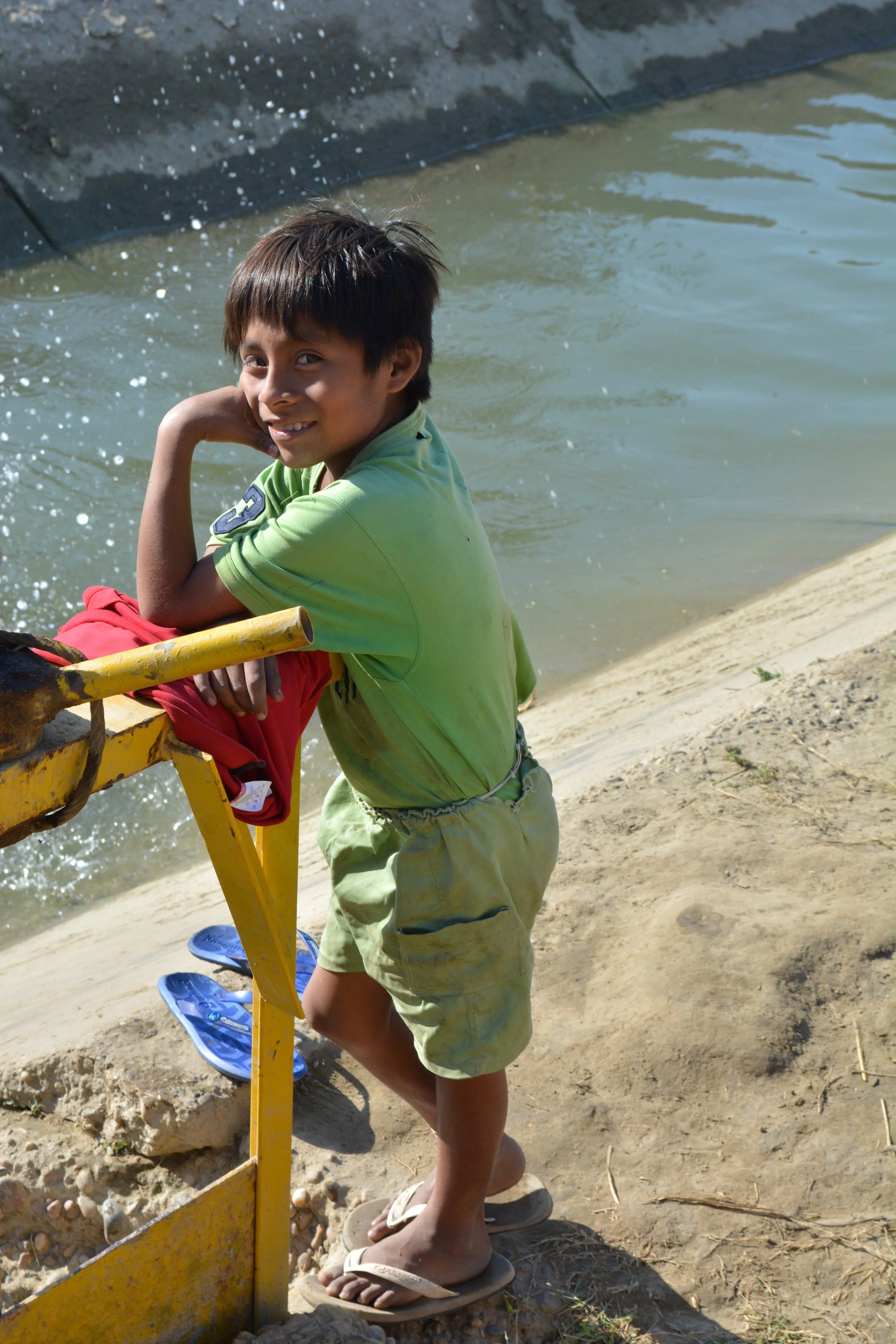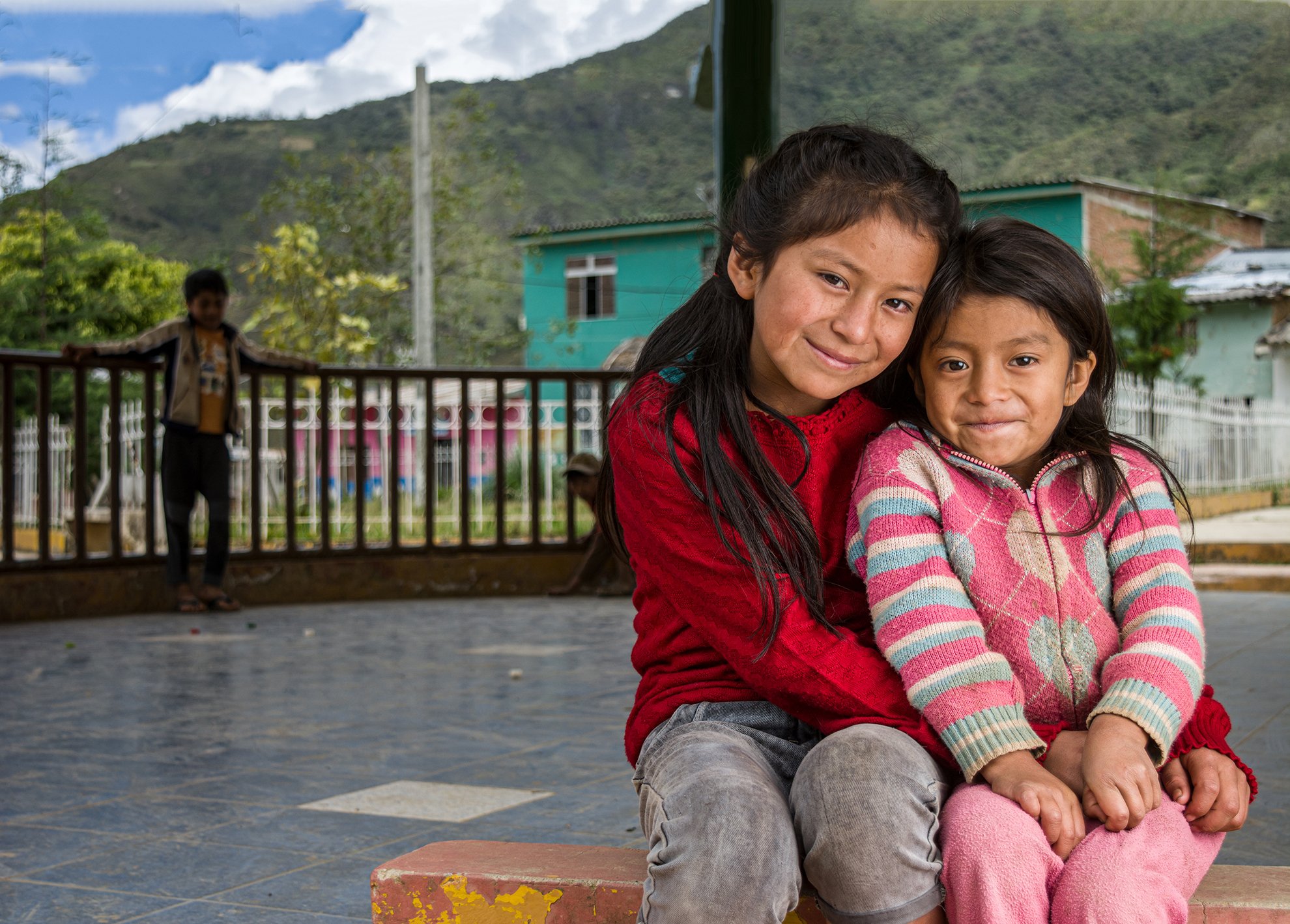
Why We Care about Clean Water Access for All
The Global Water Crisis kills a child every 2 minutes and damages educational opportunities daily.
1 in 4 people (2.2 Billion) in the world do not have clean water access
— WORLD HEALTH ORGANIZATION / UNICEF 2023

Why We Care about Clean Water Access
The Facts
Today, at least 2 billion people use a source of drinking water contaminated with feces, putting them at risk of contracting cholera, dysentery, typhoid, and polio. (Source)
2.2 billion people (1/4th of the world's population) lack even a basic drinking-water service, including 159 million people who are dependent on surface water. (Source)
Contaminated drinking water and inadequate sanitation are estimated to cause 505,000 deaths due to diarrhea each year. (Source)
By 2025, half of the world’s population will be living in water-stressed areas. (Source)
1.7 billion people lack access to basic sanitation which is key to preventing the spread of disease. (Source)
... Of these, 419 million still defecate in open settings within their community or near their home, for example in street gutters, behind bushes or into open bodies of water. (Source)
Girls and women bear the brunt of the water crisis. They collectively spend about 200 million hours each day gathering water, with girls in 8 out of 10 homes without running water carrying heavy containers over rough terrain. This hinders proper education and work opportunities. (Source)
443 million school days in developing countries are lost each year due to water-related diseases. (Source)
$260 billion is lost globally each year due to lack of adequate water supply and sanitation in developing countries. (Source)
Every 20 seconds, someone dies from a preventable W.A.S.H.-related disease, including one child under five every 90 seconds in developing countries. (Source)
The Results
of implementing W.A.S.H. Solutions
It's simple - clean water access saves lives!
Improved health, especially in children and the elderly.
Longer life expectancy.
Reduced illness and death, especially in developing countries.
Reduction in waterborne Illnesses such as typhoid, cholera, & parasites.
Reduces poverty.
Improves socioeconomic development.
Children are able to go to school.
Helps close the education gap between women and men in developing countries.
Full community development
Learn More About What VAVV Does
WHAT IS OUR APPROACH?
A focus on W.A.S.H. Community Development and Education & Training as a means of empowerment is fundamental coupled with a Missionary Spirit focused on Physical & Spiritual Nourishment.
MEET MONTE CASTILLO
“This project is very important. It is going to change lives in the community by reducing the cases of diarrhea and decreasing the cost of our water!” - Alcira Santos (Monte Castillo Project Champion)
PROJECT PHOTOS
See pictures that tell the stories of the people we serve and the work we do to empower them to be changemakers for the future. They say pictures speak a thousand words. What do you think?
ANNUAL REPORTS
Yearly reports highlighting the impact of VAVV’s Donors, Prayer Warriors, and Volunteers (including financial transparency). We want you to be in the know about we are doing…
What is W.A.S.H?
Coined by the UNICEF, "W.A.S.H. is the collective term for Water, Sanitation and Hygiene. Due to their interdependent nature, these three core issues are grouped together to represent a growing sector. While each a separate field of work, each is dependent on the presence of the other."
In thinking holistically about the issues our less fortunate brothers and sisters face, we are able to do work that:
Provides the availability of Safe, Clean Water for drinking, bathing, food preparation, and healthcare procedures
Provides Sanitation Services such as wastewater and solid waste management including safe disposal of human waste to prevent the spread of disease by providing public toilets and wastewater treatment techniques
Provides humanitarian aid through Education and Personal Hygiene Tools in proper hand-washing and Environmental Stewardship to stop cross-contamination and the spread of disease within a community



